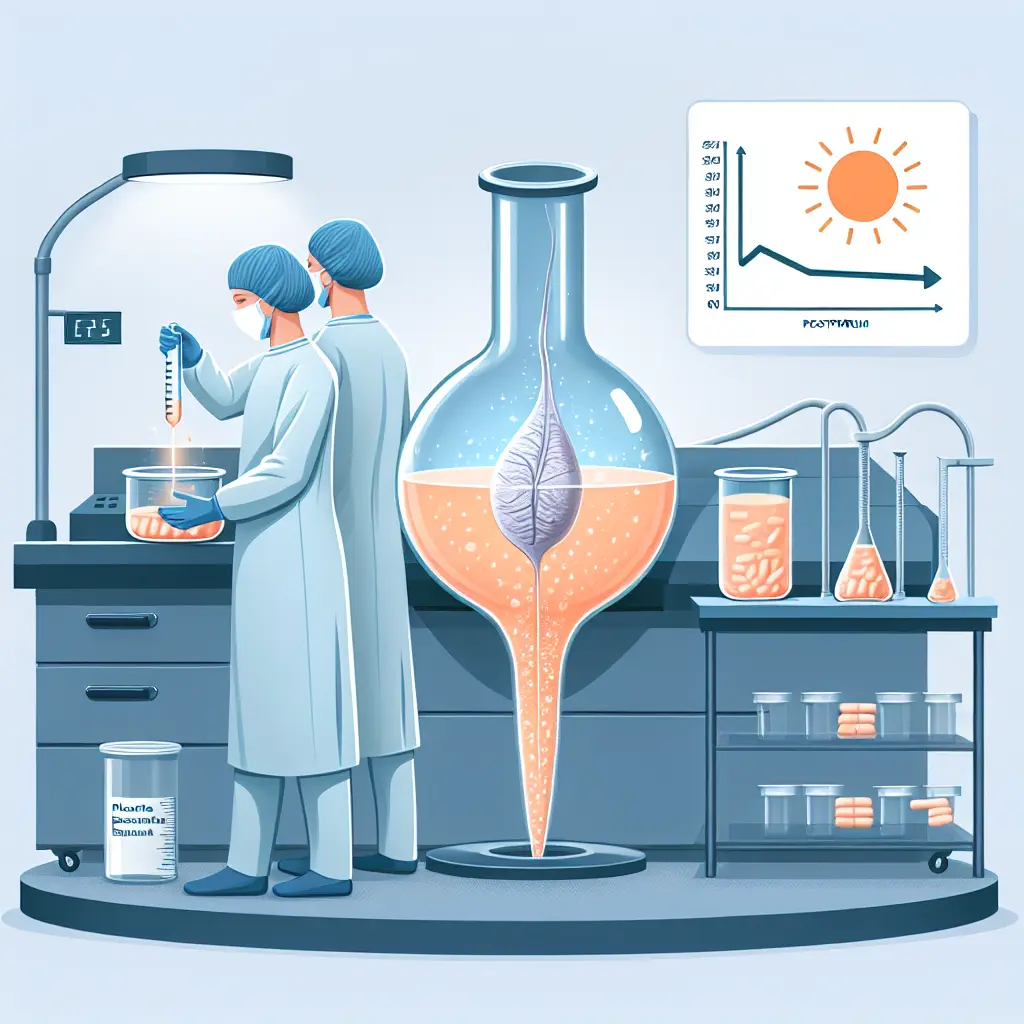
In the realm of postpartum recovery, many new mothers are turning to natural remedies to enhance their healing process and regain their energy. One such practice that has gained attention is placenta encapsulation, a method believed to boost postpartum energy levels and provide other health benefits. This blog post explores the intricacies of placenta encapsulation, its potential effects on energy levels postpartum, and the ongoing research surrounding this intriguing practice.
What is Placenta Encapsulation?
Placenta encapsulation involves the process of steaming, dehydrating, and grinding the placenta into a fine powder, which is then placed into capsules for ingestion. This practice stems from the belief that consuming the placenta can help a new mother recover more rapidly by replenishing nutrients and hormones lost during childbirth.
The Science Behind Placenta Encapsulation
The placenta is rich in hormones and nutrients, including iron, estrogen, progesterone, and vitamin B6, all of which play vital roles in postpartum recovery. Proponents of placenta encapsulation claim that these capsules can help increase energy postpartum, enhance mood, boost milk production, and contribute to overall maternal health. However, it's important to note that scientific research on placenta encapsulation is still in its early stages. Some studies suggest potential benefits, while others highlight the need for more rigorous investigations.
For instance, a review in the "Journal of Midwifery & Women’s Health" suggests that while anecdotal evidence supports the benefits of placenta consumption postpartum, high-quality research is lacking to provide definitive conclusions (source: Journal of Midwifery & Women’s Health).
Reported Benefits of Placenta Encapsulation
Many mothers who opt for placenta encapsulation report significant improvements in their postpartum energy levels. This is often referred to as the placenta encapsulation energy boost. Additionally, some women experience fewer signs of postpartum depression, improved mood, and a more balanced hormonal transition during the weeks following childbirth.
Placenta Encapsulation Services
As the demand for placenta encapsulation increases, so does the availability of professional services offering this process. These services typically include the collection of the placenta immediately after birth, professional processing and encapsulation, and delivery of the finished placenta pills postpartum. It’s crucial to choose providers who adhere to strict safety standards to ensure the placenta is handled and processed in a sanitary environment.
Safety and Considerations
Despite its popularity, placenta encapsulation is not without controversy. Critics argue that there is insufficient evidence to support its safety and effectiveness. Concerns about contamination and improper handling are also prevalent. The Centers for Disease Control and Prevention (CDC) has issued warnings regarding placental capsule consumption after a case of a newborn developing late-onset group B Streptococcus bacteremia following maternal consumption of contaminated placenta capsules (source: CDC).
Therefore, it is essential for mothers considering this option to consult with healthcare providers and seek placenta encapsulation services from reputable practitioners.
Placenta Encapsulation Research
Ongoing research into placenta encapsulation is crucial to understanding its efficacy and safety fully. While anecdotal evidence abounds, peer-reviewed studies are necessary to establish clear guidelines and benefits. Researchers are particularly interested in quantifying how placental nutrients and hormones actually impact postpartum recovery when ingested in capsule form.
Natural Postpartum Care Alternatives
For those unsure about placenta encapsulation, other natural postpartum care strategies can also help enhance recovery and boost energy levels. These include proper nutrition, hydration, rest, and gentle physical activity. Supplements like iron, especially if recommended by a healthcare provider, can also play a crucial role in restoring energy levels.
Conclusion
Placenta encapsulation is an intriguing practice rooted in natural health traditions, aimed at enhancing maternal postpartum recovery. While many women report positive outcomes regarding their postpartum energy levels and overall well-being, it's important to approach this practice with caution due to the mixed scientific evidence and potential health risks involved.
If you are considering placenta encapsulation, discuss it with your healthcare provider, weigh the potential benefits against the risks, and ensure you use a certified service for encapsulation.
For more detailed information on this topic and related maternal health supplements or natural remedies postpartum, reputable sources such as academic journals and certified health professionals should be consulted.
Thank you for joining me on this exploration of one of the many facets of motherhood and recovery. Until next time, take care and cherish these precious moments with your new little one.
Authored by Sara Jennings